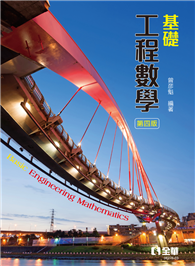The effective governance and administration of many aquatic and terrestrial environments requires a detailed understanding of sediment transport and its behavioral dynamics. This has both environmental and economic implications, especially where there is any anthropogenic involvement. Sedimentary processes such as erosion, scour, deposition, and consolidation can fluctuate depending on whether their compositional matrix is purely cohesive, noncohesive, or a combination of both types. With many contributing factors, the prediction of sedimentary movement is often made using numerical modeling tools, as they can estimate the various spatial and temporal fluxes. However, due to the complex behavior of natural sediments, scientists and other specialists continue to conduct research into the many aspects that influence sediment transport. Sediment Transport Research - Further Recent Advances is a book that draws on the most recent world-class scientific research on sediment transport topics, including computational fluid dynamics, numerical modeling, particle properties and characteristics, beach morphology, soil erosion, flocculation processes, sand nourishment, geomorphology, water quality aspects, sedimentary-related legislation, and many more. The research was carried out by researchers who specialize in sediment transport and related processes.












